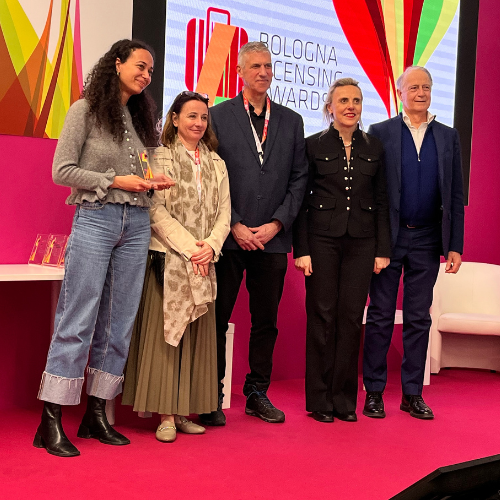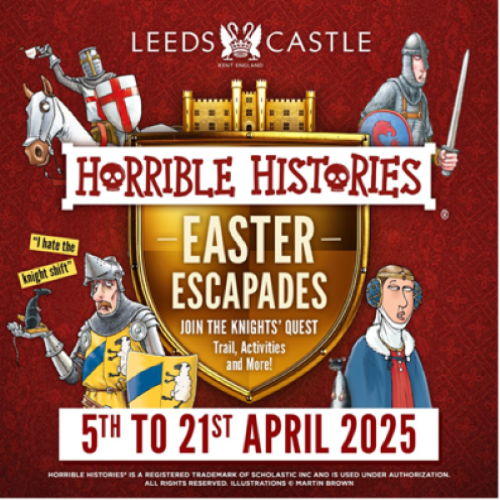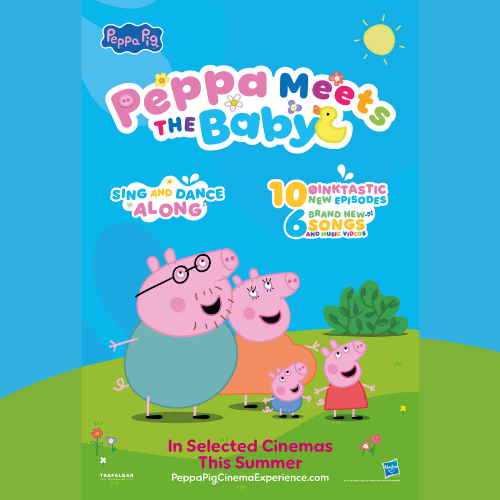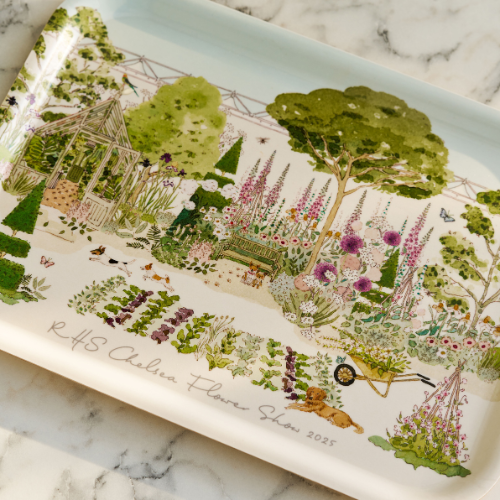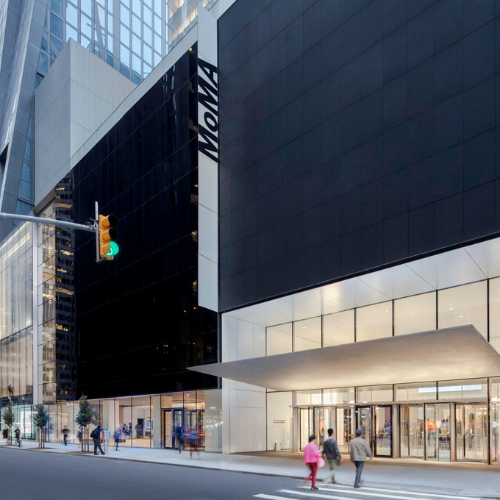Start Licensing’s Ian Downes on the importance of building long-term partnerships in licensing.
It is easy to perceive licensing as a short-term business with a rapid churn over of deals and partnerships. To be fair, this is in part explained by the fact that most licensing deals run for between two to three years and this can have an influence in deal management. That said, the industry has got better at thinking longer term and working harder at building longer term relationships. Two year deals are often renewed on a regular basis so there is consistency even at this level of deal making.
With this in mind it was interesting to see drinks brand Lucozade join forces again with their old friend Lara Croft. The link between Lucozade, Lara Croft and Tomb Raider has been a long-term one encompassing computer game and film promotions. The latest tie-up is around the release of a new game Shadow of the Tomb Raider and combines an on-pack promotion with limited edition bottles. For example a Limited Edition Apple flavour has been released – according to the brand’s trade advertising Apple Soft Drinks are bought by 46% of the UK – it is called Croft Apple and is being sold with a temporary change of brand name as Lucozade becomes Larazade.
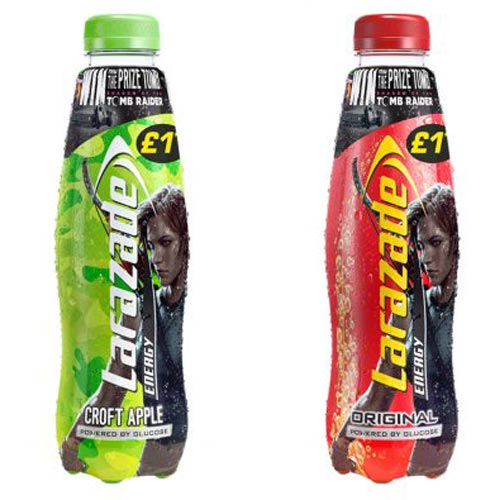
This sort of long-term partnership works for both sides I guess as they get to know each other and can be open with plans. It is, of course, easier to plan ahead with a more committed partner. For the brand owner of Tomb Raider, Lucozade is a well established and successful partner with great distribution that brings it a lot of eyeballs for the new release. Lucozade gets to be creative with an iconic gaming brand and can use the partnership as a controlled way of trying out new ideas. It also allows it to be a little bit freer and fresh. These are useful qualities in a crowded market. It helps it stand out. I guess if the Apple flavour works it will be blended into the standard offering post promotion.
A challenge for the IP owner is making sure there is a long-term commitment from the brand partner. It is harder to market an IP to other brands in a sector once there has been a long-term partnership in place as brand and IP become entwined. In this scenario you have to trust your partner and hope they have the energy for a long-term partnership.
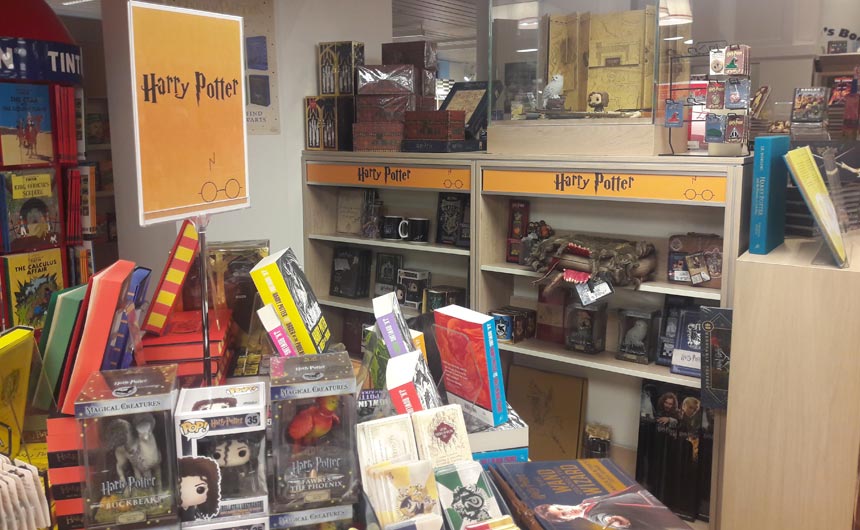
Likewise it is tempting for licensees to always look for new properties. New launches are a key feature of licensing creating renewed momentum, but it is important not to overlook long-term properties. These may not always grab the headlines nor have weekly press releases proclaiming new deals, but these long-term performers are in many respects the best examples of the power of licensing.
Harry Potter fits into this category. I noticed the depth of the product range associated with Potter in the Foyles shop on Charing Cross Road. The retailer has recognised the power of Potter by giving dedicated space, adding shelf strips and using off shelf selling aids like spinners. The product range blends publishing including a number of special edition designs with a diverse mix of merchandise including Funko figures through to greetings cards featuring film poster art (as seen in the films I believe) coupled with lenticular finishes.
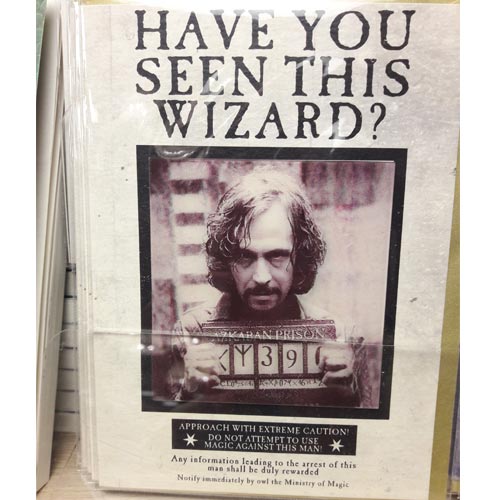
It seems there are lots of long-term partners on board. These are refreshed with new designs, new book formats and, of course, new licensees which seem to be chosen for the ability to bring new ideas.
Harry Potter is a great example of a classic long-term property and further evidence that publishing driven properties offer great commercial opportunities in licensing terms. Foyles also had dedicated space for other book classics such as Paddington.
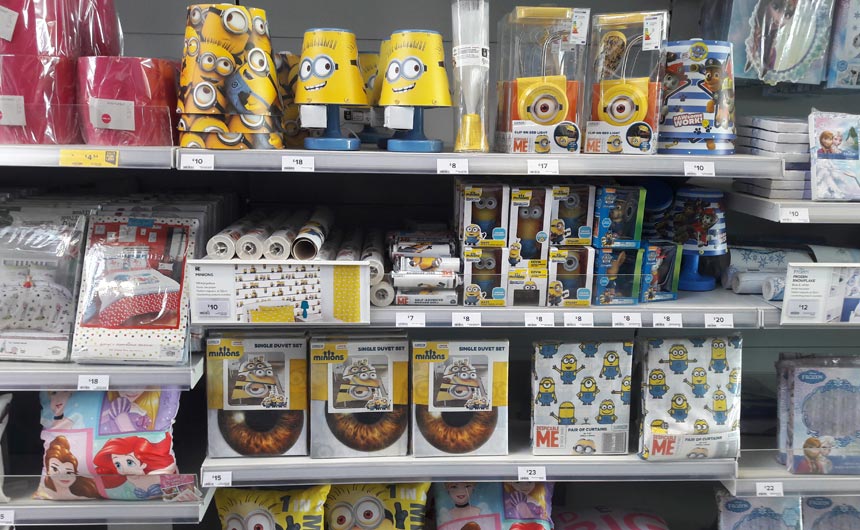
A visit to my local B&Q superstore gave me some encouragement this week. Not in terms of my DIY skills, rather that licensing can and does have a role to play in a variety of retailers. In this case there was literally a wall of licensed products in the room décor section with licensed lampshades, lights, bedding and stickers to the fore. Yes properties like Disney, Marvel and Star Wars dominated, but it is encouraging to see licensed properties being given so much shelf space and hopefully this means retail buyers in the category will be open to other conversations with suppliers. Licensing also featured well in wall art and this seems to be a category that increasingly offers good prospects for licensing. This extended into areas like wallpaper as well.
I can see scope for licensing in other categories in the DIY sector. Indeed brands like Stanley and JCB had a strong presence, but it wasn’t clear if the products I saw were licensed ones or line extensions by the brand owners. I was inspecting a few a bit too closely it seemed and attracted the attention of the staff. I wasn’t convinced that my prepared line of I am the Licensing Lookout would cut the mustard as I think they were more inclined to regard me as the Potential Shoplifter!
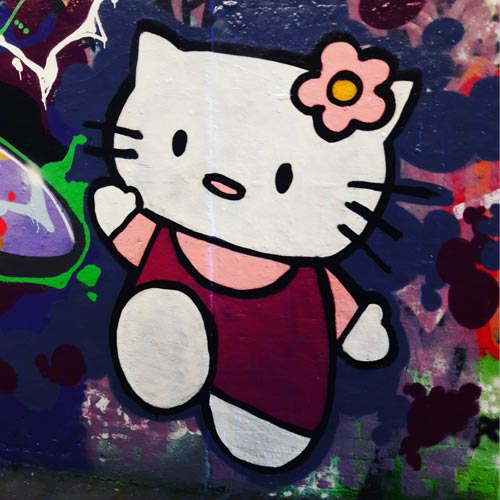
Finally, while on a really enjoyable SE1 stroll with Penguin Ventures and BLE, I spotted a really nice bit of Hello Kitty street art in the Leake Street Tunnels. A further reminder that licensed characters and licensing are at the centre of pop culture. It is easy to forget this sometimes.
Characters like Harry Potter and Lara Croft are part of that pop culture. This gives them the longevity which allows longer term licensing partnerships to be built.
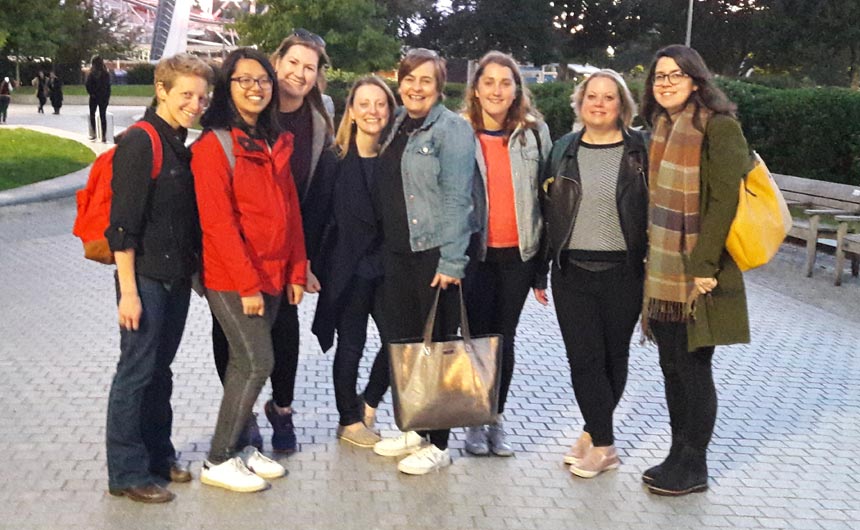
The walk was a thank you to both companies for the support they gave to the #hikeforcal fundraiser for Mind.
I am pleased to say Paul, Simon and myself have raised over £7,000 now. Thanks to everyone who contributed to such a great fundraiser.
Ian Downes runs Start Licensing, an independent brand licensing agency. His Twitter handle is @startlicensing – he would welcome your suggestions for what to look out for.












